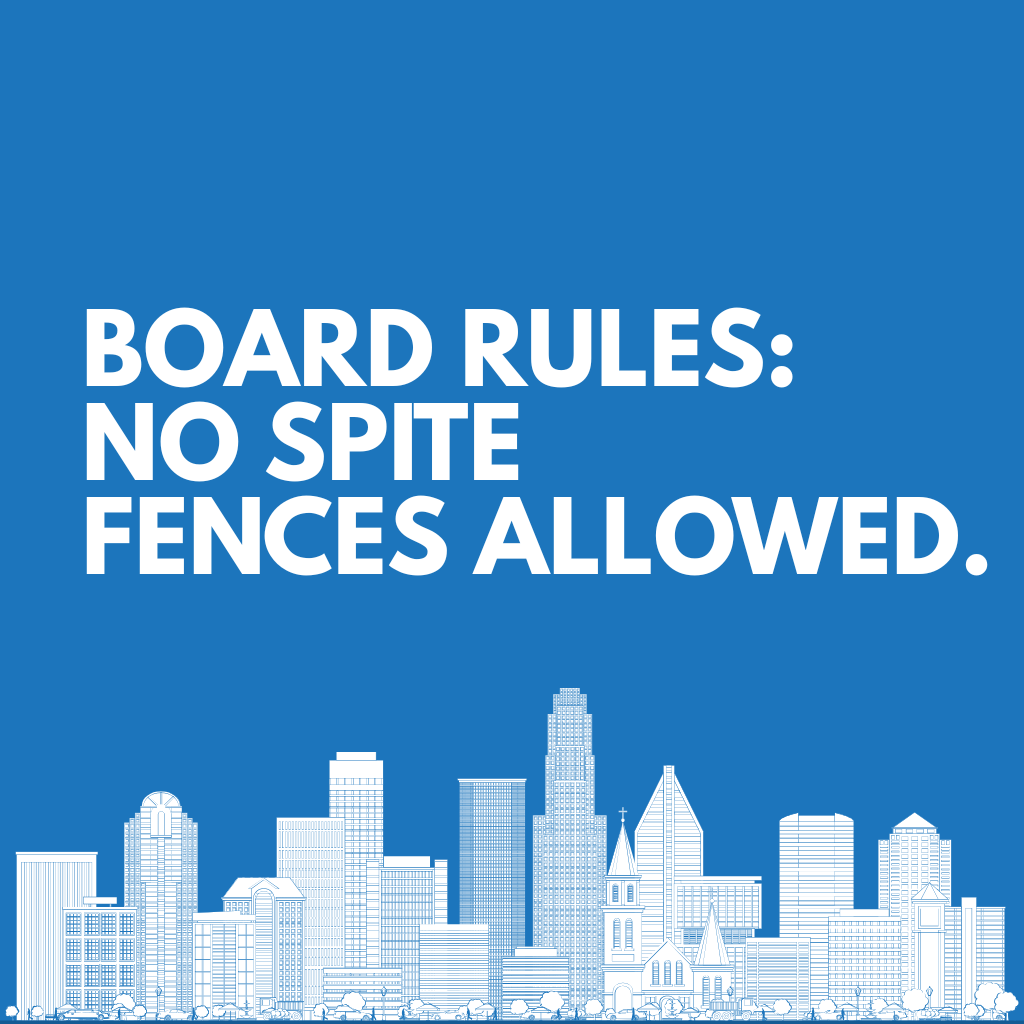City Council Condemns Land for Private Sewer Project Despite Family Objections
By Jack Beckett | Senior Writer | Charlotte Mercury
Charlotte City Council voted Monday to authorize the condemnation of private property owned by three families in northwest Charlotte, clearing the way for the city to forcibly seize land to build sewer infrastructure for a future housing development.
The vote—approving agenda items 59, 60, and 61—followed a brief but pointed appearance by attorney Tommy Odom, representing the May, Henninghausen, and Davis families. Odom, addressing the council directly, said the families oppose the seizure and have already filed a lawsuit to halt the condemnation process, arguing the city is abusing its power to serve a private developer.
“You’ll be tying up these families’ properties,” Odom said. “We would ask that this lawsuit that’s already been filed run its course.”
Odom’s remarks, delivered under a three-minute limit, echoed a familiar and increasingly contentious debate: whether Charlotte’s use of eminent domain has strayed beyond public interest into subsidizing private development.
Council ultimately voted in favor of the condemnation after Councilmember Ed Driggs defended the decision as procedural. “The developer is a contractor for the city,” Driggs said. “We are not a tribunal. It is not our job to make this determination.”
The vote approved the city’s legal right to seize land under its condemnation authority, allowing the construction of sewer infrastructure tied to a multi-parcel housing project.
Odom countered that the use of eminent domain in this case is constitutionally flawed, citing both the U.S. and North Carolina Constitutions. He stated the primary beneficiary is not the public, but a private housing developer. His letter to council, submitted prior to the vote, requested delay until the pending injunction is resolved.
Despite the objection and existing legal action, the council proceeded with the vote, with no public discussion of the lawsuit’s implications.
A Quiet Yes
The item was bundled in a list of consent agenda discussions, which included over a dozen votes on city contracts, bond approvals, and land use resolutions. It was only because of Odom’s request that the item was pulled for separate discussion.
There was no council debate beyond Driggs’ remarks. No member questioned the legal basis, the development’s scope, or the families’ claims. The vote passed without roll call.
According to staff comments in the agenda packet, the sewer line will support multiple properties, not just one, and is in alignment with prior commitments to develop the surrounding area. The staff maintained that the project fulfills a legitimate public function.
Odom said otherwise.
He emphasized that the primary driver is a private entity’s development schedule—and that by approving condemnation now, the city effectively sidelines the court system.
City Attorney Patrick Baker offered no commentary during the exchange.
The Precedent Problem
Public land seizures for private gain remain a legal grey zone in North Carolina. While Kelo v. City of New London (2005) expanded the scope of eminent domain federally, state-level legislation has increasingly attempted to narrow it. North Carolina’s Constitution provides stricter guidelines on property takings that “are not for public use.”
Odom’s lawsuit could challenge whether Charlotte’s approval meets those standards.
Yet with the vote already cast, any court ruling may be moot unless a judge intervenes soon.
Pattern or Exception?
This isn’t the first time Charlotte has faced condemnation scrutiny. Last year, residents in east Charlotte fought a similar taking related to stormwater access. That project moved forward after months of delay, public protest, and, eventually, a settlement.
The absence of discussion this week struck some observers as a silent affirmation of a larger shift: from city-as-planner to city-as-broker.
“This sets a bad precedent,” Driggs admitted. “But it’s the precedent we’ve followed.”
The Broader Cost
What happens next rests with the courts. If the families’ injunction succeeds, Charlotte may be forced to halt construction and reexamine the legal standing of the seizure.
If not, construction will begin as planned, and the May, Henninghausen, and Davis families may lose their land permanently.
Whether this was a procedural necessity or a civic overreach depends on the outcome—and your point of view.
For now, the families wait.
☕ This report powered by Summit Coffee, where you’ll always find joy in your cup and community in every sip. From their iconic Basecamp Blend to live music nights in Davidson, Summit is more than coffee—it’s a lifestyle. Find your nearest café or shop online at summitcoffee.com.
✍️ Jack Beckett
Senior Writer, Charlotte Mercury
Professional note-taker, reluctant optimist, and founding member of the “Caffeine Is a Civic Right” caucus. You’ll find me editing copy with a mug of Basecamp in one hand and a Glory Days hoodie in the other.
The Mercury is brought to you by Glory Days Apparel — Charlotte’s Premier Nostalgia Brand. Shop online or visit them at 2202 Hawkins St, Charlotte, NC 28203. Call (704) 594-0030 or email info@glorydaysapparel.com. Tell them the Mercury sent you and JD might even high-five you.
Looking for more?
We’ve got full coverage of everything from zoning wars to biscuit reviews:
Have a tip, hot take, or hot mess to share? Message us anytime on X.com/Twix — where the Queen City vents, jokes, and occasionally makes policy.










